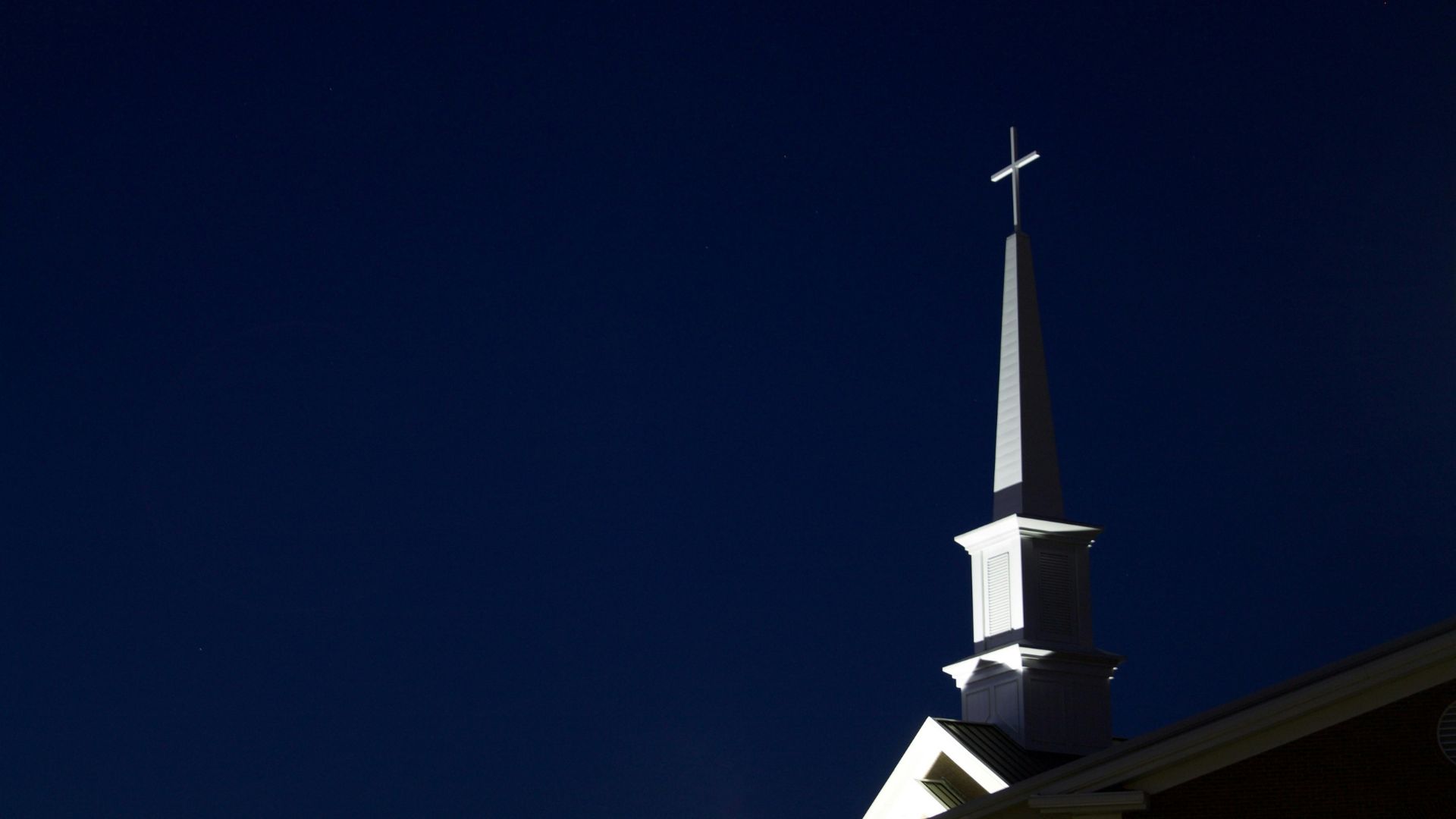Earlier this year, the Texas Education Agency (TEA) proposed a new education curriculum that would allow public schools to teach religious lessons, such as stories from the Christian Bible, in class.
Now, many Texas lawmakers and religious leaders have openly argued against this “unconstitutional” proposal during a public testimony.
Texas Hears Arguments

This week, the Texas State Board of Education (SBOE) heard more than 100 people and their opinions on this new TEA curriculum. These public testimonies lasted for more than eight hours.
The Texas Freedom Network, a nonprofit organization that opposes this curriculum, sent about 70 people to speak.
Teaching Religious Lessons in Public Schools

TEA’s proposal — which may soon be passed — has led to much public outrage in Texas. The agency has recommended that teachers also teach lessons that contain religious stories.
For example, one lesson teaches kindergarten students about the Golden Rule from the Bible. Though the proposal says it teaches from all religions, critics have pointed out that it seems to favor Christianity more than any other faith.
Religious Leaders Fight Back

While many parents have argued that this proposal goes against the separation of church and state — and therefore is unconstitutional — they weren’t alone in their fight this week.
Many religious leaders took the time to argue that they completely disagreed with the idea that teachers should be explaining the Bible to young students.
The Possibility of Danger

Mark Chancey, a Southern Methodist University biblical studies professor, has explained that teaching this material could end up endangering young students.
Chancey pointed out, “It’s unrealistic to expect young children to bracket aside the religious claims of those stories, especially when the curriculum presents them in such a literalistic fashion.”
Who Wrote the Curriculum?

Chancey also had major issues with who wrote the curriculum in the first place, as he claimed that they got many facts and stories completely wrong.
“The curriculum gets basic facts wrong, factual errors, religious bias, promoting particular religious views to young children,” Chancey explained. “These are all serious problems.”
Teachers Shouldn’t Have to Teach Religious Lessons

The Executive Director of the Baptist Joint Committee for Religious Liberty, Amanda Tyler, argued during these testimonies that teachers shouldn’t be forced to teach religious material, especially if they don’t have any training.
“Teachers who are already overworked and underpaid are now having to take on this new curriculum, without the proper training to really understand how to teach this material in ways that are objective,” Tyler stated.
Lawmakers Argue Against TEA’s Proposal

Texas State Representative James Talarico also argued against this education proposal at the meeting, explaining that the plan seems to be aligning with Christianity more than any other religion.
Talarico said, “There is a difference between preaching and teaching, and this curriculum is preaching. We are indoctrinating students with this curriculum in the state of Texas, it’s unconstitutional, and I will add, it’s also deeply unchristian.”
Violating the First Amendment

Talarico further added that this proposal violates the Constitution and the First Amendment, particularly because it seems to favor Christianity.
“By elevating one religion over the rest, we are violating the First Amendment of the Constitution,” he said.
Supporters Also Spoke

This meeting also saw many supporters get the chance to speak. These supporters explained that the proposal simply teaches what the founding fathers believed in — and they don’t think this is wrong.
Texas Eagle Forum’s Cindi Castilla said, “When we’re teaching what our founders believed, that’s not enforcing a religion on anyone, it’s teaching this nation. For children to be able to understand their own country, they need to be able to understand some biblical context.”
An Ongoing Battle

This hearing is the latest in the battle between TEA and many Texans. Now, the State Board of Education will officially vote on the curriculum plan in November.
If the board decides to vote in favor of this proposal, then each school district in Texas can decide whether they adopt it or not.
A Push for More Religion in Schools

TEA’s proposal to offer religious lessons in public schools has caused much controversy in Texas. However, Texas isn’t the only state that has made a concerted push to offer more religion in classrooms.
Many Republican-led states have recently made waves in doing so. Most notably, Louisiana passed a law requiring all public school classrooms to have a Ten Commandments poster.
